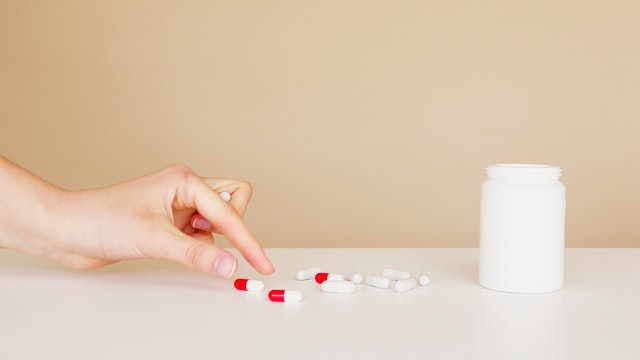As of June 27, the Western Cape has 16 753 active cases of COVID-19, with a total of 58 925 confirmed cases and 42 172 recoveries, Premier Alan Winde confirmed on Saturday.
An additional 43 deaths have been recorded, bringing the total number of COVID-19 deaths in the province to 1696.
The total number of recoveries in the province now stands at 42 172.





Data note:
As the province moves closer to the peak and the Department of Health is recording over 1000 new cases daily, it is not possible to check and verify that the address data supplied for each new case is correct, within the time frames required to provide regular and timely updates. This means that in some instances, cases could be allocated to the wrong sub-districts. The Department is working with the sub-districts to clean up and verify the data and where errors are picked up locally, cases will be re-allocated to the correct areas.
More data is available here: https://coronavirus.westerncape.gov.za/covid-19-dashboard

42 172 Recoveries in the Western Cape
The Western Cape has now recorded over 40 000 recoveries.
“While most people who get infected with COVID-19 will recover at home or at one of our comfortable quarantine or isolation facilities, some patients will require hospitalisation and medical care. If you are sick, you should stay home and call our hotline (021 928 4102) for advice on what to do next. You can also contact us to find out more about our quarantine and isolation facilities that we have available,” Premier Alan Winde said in a statement.
“But if you start getting short of breath, you must seek urgent healthcare. Those residents with comorbidities such as Diabetes and Hypertension are particularly at high risk of developing a serious illness. I would like to share a story with you of Alida (58), a midwife at George Hospital, who has recovered from Covid-19 and who has opted to share her story with the public,” Winde continued.
Alida (58), a midwife at George Hospital, has survived, with her comorbidities of type 2 diabetes and hypertension. She also had a stroke a year ago. “I made it,” she said.
Delighted to be back at work, Alida shares her COVID-19 journey. “My first symptoms were a sore throat, pressure on my chest and a cough. I immediately had myself tested and went into isolation. The results came two days later. I was positive.”
Her initial reaction was of shock and anxiety. “I was very scared,” says Alida. She lives with her son, 23, who took care of her while he isolated with her as he was one of her close contacts.
“He made sure I had a bucket of clean water, a bucket of water and bleach to clean my hands, and a separate bucket for my eating utensils. He also prepared my food when I did not feel up to the task and brought it on a tray. I felt really ill on day three with immense chest pressure. I was, however, in constant contact with the contact tracing team in George, my manager. and hospital management. Everyone made sure I was being monitored and I really felt that I could press on their button any time of the day.”
Alida says that being in isolation can become lonely. “Loneliness is a big factor during your COVID-19 journey. Two weeks might not seem long but confined to your bedroom or only certain parts of your home, this can be become a very long and lonely journey. I made sure to be in constant contact with family and friends on WhatsApp. Sadly, we also lost two extended family members due to COVID-19 during my isolation, which was especially difficult for me. Mourning without other family was extremely difficult to go through, but our online counselling support network through government meant I could tap into professional help to assist me during this time,” explains Alida.
When asked what she did to assist her body in healing, she lists eating healthy, drinking enough fluids, getting lots of sunlight, and a positive mindset.
Alida expresses her concern with the behaviour of some members of the public. “People need to realise that COVID-19 can cause serious illness in some, and to protect those people, we need to take all the necessary precautions. We need to change our behaviour.” As someone with comorbidities who had a high risk of severe COVID-19, she urges residents in the Western Cape to protect the vulnerable by practicing social distancing and wearing a mask when they leave their homes.
Stay safe. Save Lives.
It is important to follow Alida’s advice. The most important thing we can do is to keep ourselves safe. When we do this, we slow the spread of the virus, and help protect the ones we love.
Winde again implored residents in the Western Cape to play their part in saving lives, by:
Regularly washing your hands, keeping surfaces clean and coughing or sneezing into a tissue or your arm;
Staying home as much as possible, especially if you fall into one of the risk groups;
Wearing a clean, cloth mask whenever you leave home;
Ensuring that you keep 1.5 metres between yourself and any other person;
Staying home if you are experiencing symptoms or feel unwell; and
Seek medical attention if you are experiencing shortness of breath.

